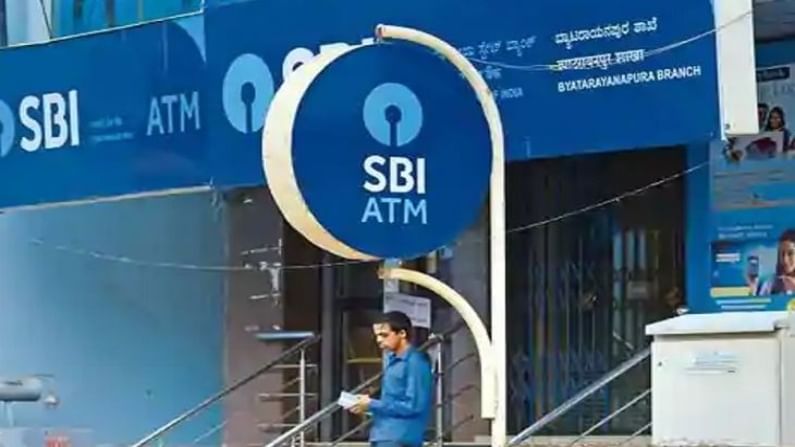SBI cautions customers against online FD fraud; advises not to share bank details
It is strongly recommended that customers don’t share their card details, banking passwords or OTPs with anyone

Country’s largest lender State Bank of India on April 5 cautioned its customers against sharing banking details.
In an attempt to carry out social engineering frauds, cyber criminals are reportedly creating online fixed deposits in customers’ account.
So, if you get a call or an email asking for your account details on the pretext of opening an online fixed deposit, don’t share your details.
“We urge our customers not to share their banking details with anyone. Don’t fall for scammers impersonating as SBI, we never ask for personal details like Password/OTP/CVV/Card Number over the phone,” SBI tweeted.
We urge our customers not to share their banking details with anyone. Don’t fall for scammers impersonating as SBI, we never ask for personal details like Password/OTP/CVV/Card Number over the phone.
Be alert. Be safe.#CyberCrime #CyberSafety #OnlineFraud #BankFraud #Scam pic.twitter.com/0Td4cp54VE
— State Bank of India (@TheOfficialSBI) April 5, 2021
Risk of new users falling prey rising
“In the context of the pandemic, the use of digital modes for conducting transactions gathered substantial traction. Pari passu, the risks of new users falling prey to various forms of online frauds also increased,” the RBI said in its annual report released January 2021.
In this regard, the Reserve Bank has intensified its multi-lingual awareness campaigns on safe digital banking, instructions on limited liability of customers in fraudulent electronic transactions and the Ombudsman scheme, over different platforms. The RBI also instructed authorised payment system operators and participants to undertake targeted multi-lingual campaigns to educate their users on safe and secure use of digital payments.
Do not share OTP or passwords
It is strongly recommended that customers don’t share their card details, banking passwords or OTPs with anyone. Authorised bank representatives never ask for such information.
One must stay cautious when transacting online, or swiping debit or credit cards at retail outlets or petrol pumps. It is highly recommended to avoid using someone else’s phone, a public computer, cyber cafe or free WiFi for making online transactions as data can be stolen or copied.